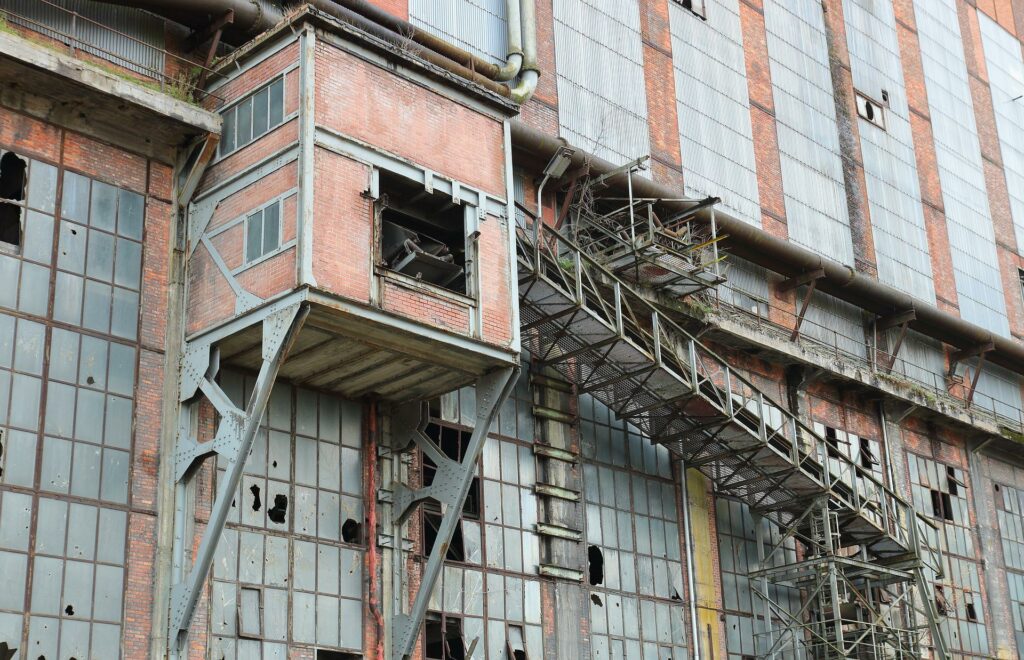Large industrial companies in Belgium are paying up to a quarter more for their energy bills than those in neighbouring countries, increasingly putting them at a competitive disadvantage.
Despite the energy standard introduced by the Federal Government to keep the costs for Belgian companies in line with neighbouring countries, they continue to struggle with their energy bills, according to the federation of Belgian industrial energy consumers, Febeliec.
"European industry as a whole suffers a major competitive disadvantage compared to large parts of the rest of the world, which might lead to its deepest crisis in decades. The war in Ukraine and sanctions against Russia have led to substantially higher energy prices in Europe," a statement from the federation read.
"In Belgium, the situation is even more dramatic. Indeed, Belgian industry faces a 19–25% competitive handicap compared to the average electricity price paid in Central Western Europe."
231% higher than France
A recent price comparison by Deloitte showed that for 2022, Belgian energy prices are about the same as in the Netherlands but are 231% higher than in France and 3% higher than in Germany.
With domestic nuclear energy accounting for over 70% of its energy mix, France has largely managed to shelter citizens and industry from the price hikes seen elsewhere in Europe by retaining energy sovereignty.
Related News
- War in Ukraine adds to Belgium’s inflation pressures
- IEA urges Belgium to abolish maximum prices for petrol
Flanders and Wallonia also levy higher taxes on energy than in neighbouring countries. Febeliec points out that certain consumption profiles in France, Germany and the Netherlands get discounts on network costs.
Double disadvantage
Aside from being at a competitive disadvantage to neighbouring countries, Belgium is also competing with countries that have substantially lower energy costs in large parts of the rest of the world (from North and South America to Africa and Australia), where the energy crisis that Europe faces is far less acute.
"Such a structural handicap jeopardises industrial activities and development in Europe and thus also in Belgium," Febeliec stated.
Although the sector welcomed the energy norm, it insists on the need to "rapidly implement it" and called on European, federal and regional authorities to urgently take the necessary measures to restore European industry’s competitiveness, including a decrease in taxes and a reduction in transmission grid costs.

